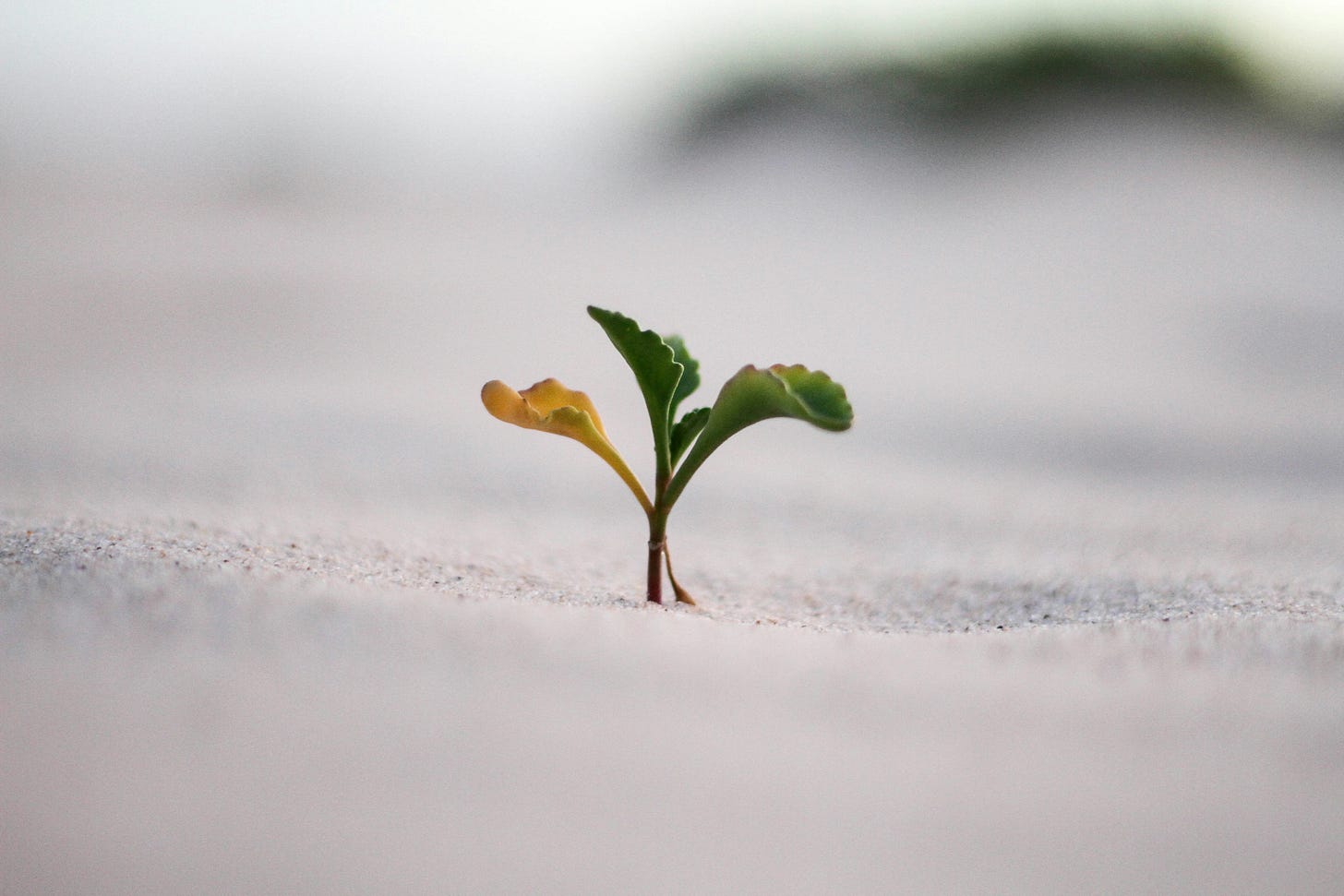Today is my birthday. Now squarely in midlife, I look back and marvel at the kindness of God. I also marvel at how challenging life is sometimes.
Whether we are rich or poor, sick or healthy, joyful or sorrowful—disorientation is inescapable because the memory of Eden’s glory haunts us and the anticipation of New Jerusalem’s glory teases us. As it says i…
Keep reading with a 7-day free trial
Subscribe to Scott Sauls Weekly to keep reading this post and get 7 days of free access to the full post archives.


